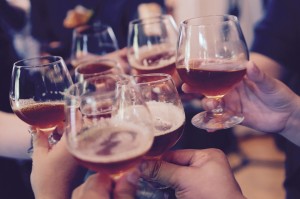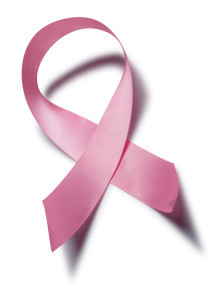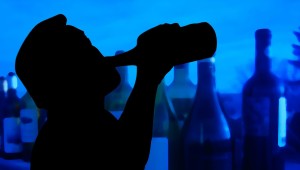4th of July isn’t the only time during the summer that teens and young adults are tempted towards underage and binge drinking. Summers are often filled with too much free time and boredom that puts teens and young adults at risk. Not only does underage drinking increase during the summer, but so does binge drinking (consuming large amounts of alcohol in a short period of time).

It’s important that our teens and young adults know that drinking, especially binge drinking, is not a harmless right of passage. There are serious consequences to these actions that can result in harming oneself, someone else, even death.
What can parents do? Read more →




 warning signs. Whether your teen or young adult is headed to Lusher, Jesuit, Tulane or Loyola, etc., pay close attention to warning signs your high schooler or college student might be displaying. Those who are most at risk tend to demonstrate the following red flags:
warning signs. Whether your teen or young adult is headed to Lusher, Jesuit, Tulane or Loyola, etc., pay close attention to warning signs your high schooler or college student might be displaying. Those who are most at risk tend to demonstrate the following red flags:

